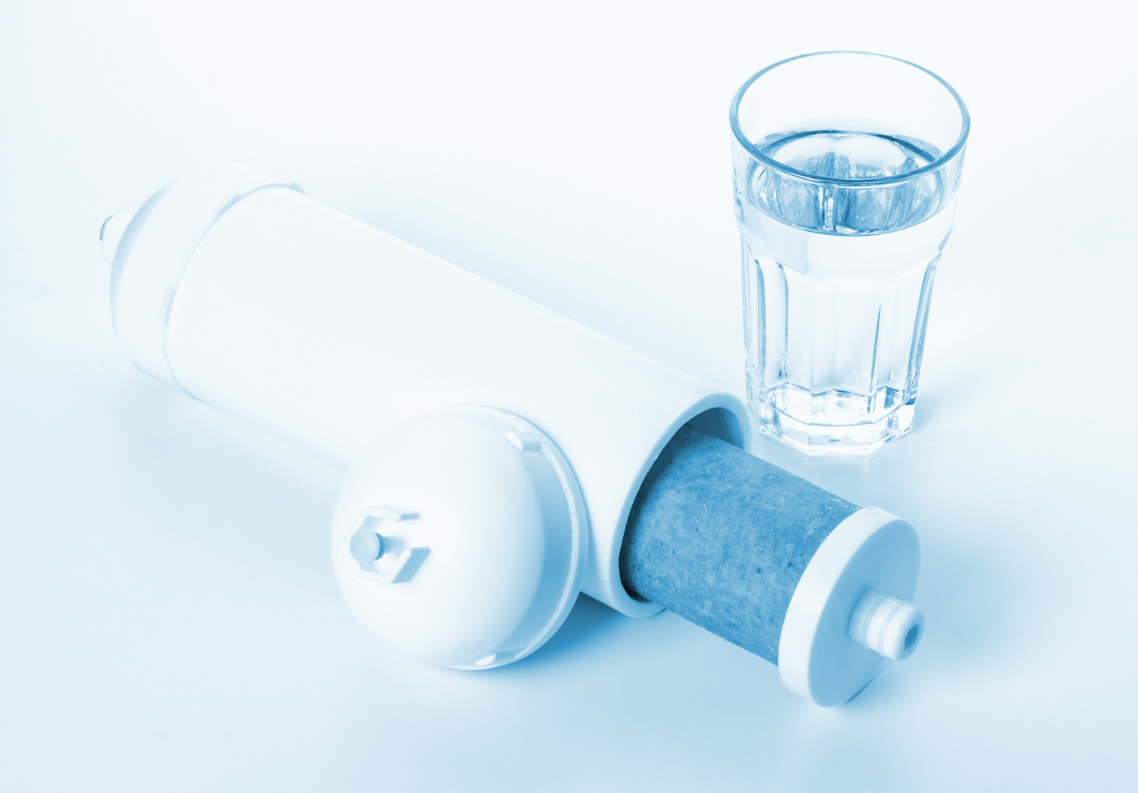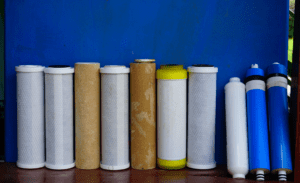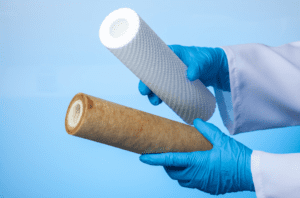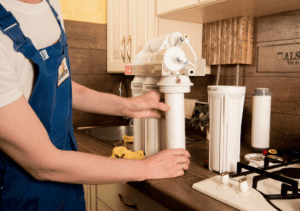
When it comes to water filters, there’s no one-size-fits-all solution. Different types of filters offer different benefits, and the price of a filter can vary significantly depending on what you’re looking for in a filtration system. So what makes water filters more or less expensive? Let’s break down the factors that play into the cost of a water filter.
At Oak Plumbing, we have years of detailed experience with a wide variety of plumbing issues. We promise value for your dollar and offer special deals for all of your plumbing needs. Our skilled experts are certified in the following services:
- Water filtration services
- Sewer repairs
- Gas and Water Leak Detection
- Toilet, Slab Leak, Pipe, and Gas Line Repairs
- Kitchen & Bathroom Plumbing.
If you are experiencing any water filtering issues, our expert plumbers are trained in a variety of different methods to help resolve each individual case. Contact us to find your trusted professional plumber and special offers today.
Filter Type
The type of water filtration system you choose can have a major impact on the cost. The most popular types include point-of-use systems, reverse osmosis systems, activated carbon systems, and whole-house systems. Each type has its own advantages and disadvantages, so it’s important to do your research before deciding which one is best for you.
Point-of-use systems are usually the least expensive option because they only filter water at one location in your home—typically a faucet or shower head. Reverse osmosis systems are more expensive but offer better filtration than point-of-use systems because they filter all of the water coming into your home before it reaches any of your appliances or fixtures. Activated carbon systems are good for removing chlorine, lead, and other contaminants from your water but can be costly since they require frequent cartridge replacements. Whole house systems are generally the most expensive option but offer superior filtration since they filter all of the water entering your home at once.

Filtration Power
The number of contaminants that can be removed by each filter will also affect its cost. Filters with higher filtration power are more capable of removing contaminants from your water source but may cost more than those with lower filtration power. In addition, some filters may use multiple stages of filtration, while others may only use one stage. This is something you should consider when comparing different models as it will affect both how effective the filter is at removing contaminants as well as its overall cost.
Durability
Finally, when looking at different models of water filters, you'll want to consider their durability, as this will affect their overall cost as well. Cheaper models may break down quicker or need replacements sooner than higher-quality ones, which could cost you more in the long run if you have to replace them frequently or repair them often. Generally speaking, higher-quality brands have better warranties or guarantees, which can help protect you against unexpected breakdowns or repairs.
Usage Frequency
How often you use your filter is also an important factor in determining cost. If you only use your filter occasionally, a model with fewer features may be more suitable for your needs—and cheaper than models designed for heavy-duty usage. On the other hand, if you plan on using your filter regularly or need something with higher capacity, then a more expensive model may be worth investing in.
Filter Cartridge Cost
Another factor that affects the price of a water filter is the cost of replacement cartridges or filters. Some cartridges last longer than others and require fewer replacements over time, so it’s important to compare different models to see which one offers the best value for money in terms of both initial cost and ongoing maintenance costs. Additionally, some manufacturers offer discounts if you purchase multiple replacement cartridges at once, so make sure to take advantage of these deals when possible.

Filter Capacity
The capacity of your water filter is another factor that can determine how much it costs. Filters with larger capacities will typically cost more than those with smaller ones since they require larger tanks and additional components to function properly. However, if you have a large family or use a lot of filtered water daily, then it may be worth investing in a larger capacity model so that you don’t have to replace the filter as often.
Material Cost
The type of material used for your filtration system plays an important role in how much you pay for it. For instance, filters made with plastic tend to be less expensive than those made with ceramic or stainless steel. However, if you’re looking for something that will last longer and offer better filtration capabilities, then ceramic or stainless steel may be worth the extra money.
In addition to the type of material used for your water filter, you should also consider the quality of those materials. Low-quality materials are usually cheaper but can lead to problems down the line. On the other hand, high-quality materials are often more expensive but can provide greater durability and improved performance over time. This can help ensure that your filter will continue to work as efficiently as possible for years to come, saving you money in the long run by avoiding costly repairs or replacements due to poor-quality materials.
Features and Technology
Newer models of water filters usually come with more advanced features than older models. This is because these models often use newer technology that makes them more effective and efficient at filtering out contaminants from your drinking water. The technology behind these new filters is often more complex and requires more parts, resulting in higher costs for customers.

Installation Costs
Installation costs can also affect how much you end up paying for your new water filter system. If you opt for a whole house system or reverse osmosis system with an under-sink tank setup, then you may need to hire a professional plumber for installation—which will add to your overall costs but ensure that everything is installed correctly and safely. For simpler point-of-use systems without tanks or pumps, however, installation can usually be done by yourself quite easily without needing any assistance from a professional plumber or technician.
Maintenance Costs
The maintenance costs associated with different types of water filters can vary significantly from one type to another. Some types require frequent replacement or servicing, while others don’t need any attention at all until they reach their end-of-life cycle - usually several years down the line. High-quality systems that provide long-term benefits typically come with high maintenance costs, while cheaper systems may only need minimal maintenance over their lifetime.
Choose the Right Filter For Your Home Today
Overall, several factors play into how much a water filter will cost. From type and capacity to usage frequency and additional features, these all come together to create an overall price tag on any given model of water filter. Before deciding which one is right for you, take some time to compare prices and look at what each model offers so that you can make an informed decision about which one is best suited for your needs—and budget!
Oak Plumbing was established to bring masterful plumbing to our community. We are experts at installing and repairing home water filters. Our highest values are providing sterling customer service and keeping your family safe. That is why we only employ licensed and background-checked experts. Between our professional employees and our commitment to our customers, there's a very good reason why most of our customers give us five-star reviews. Contact us to find your trusted professional plumber and special offers today.

